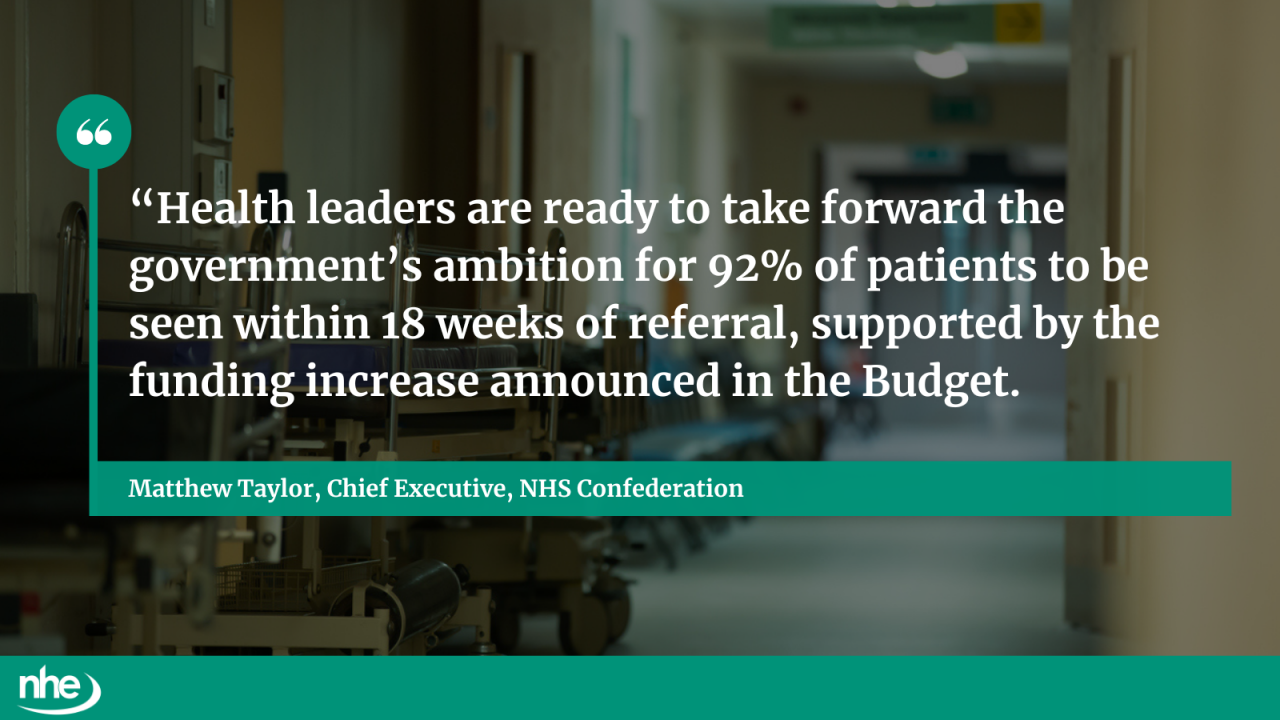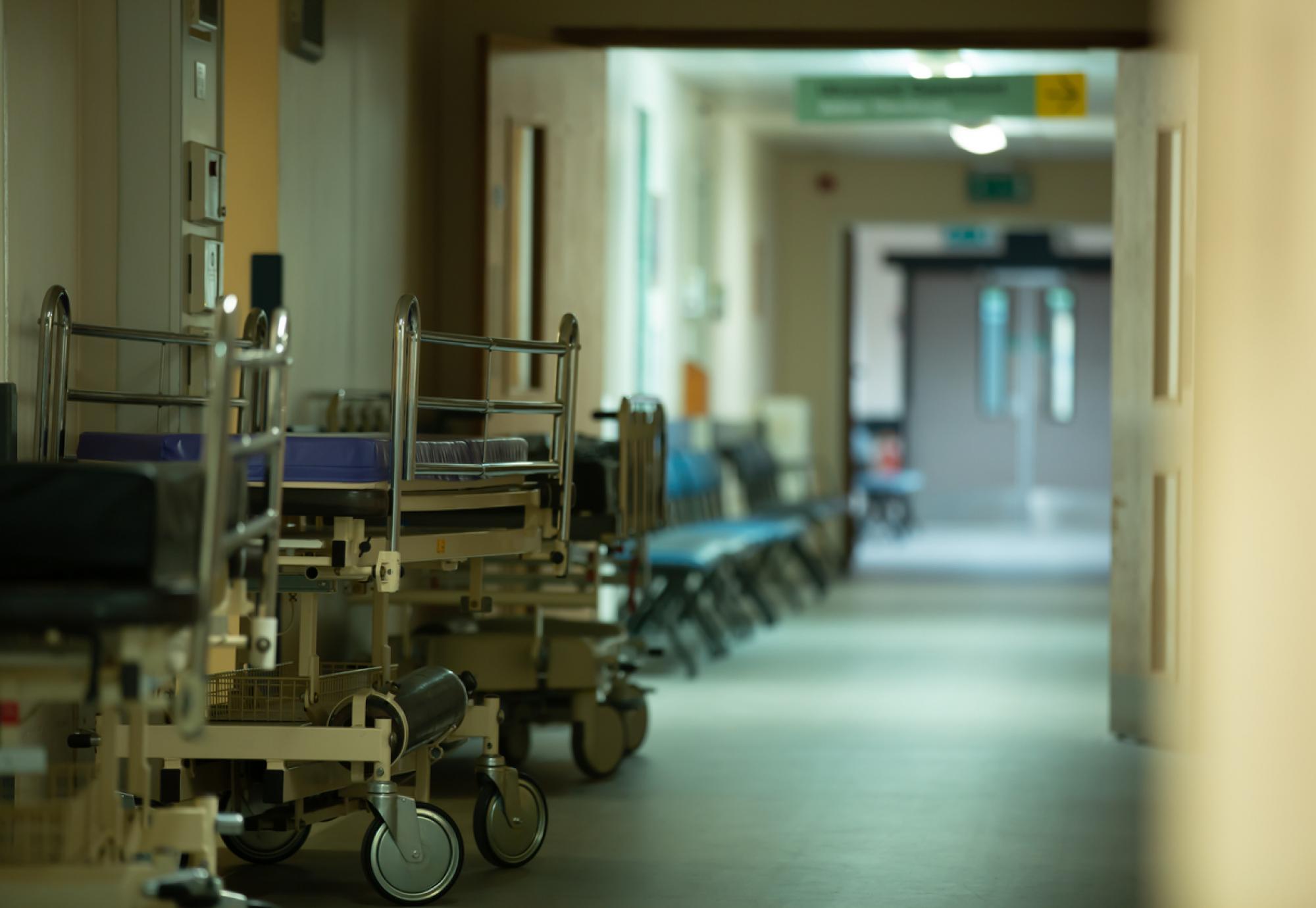The Prime Minister has outlined how the government will spearhead a ‘decade of national renewal’ from which the NHS is set to benefit.
This mission will underpin a number of the government’s wider goals, with milestones being set out at a speech at Pinewood Studios.
Prime Minister Keir Starmer said:
“This government was elected to deliver real change for working people - and that is exactly what we are doing.
“We have already stabilised the economy, secured an extra £26 billion for the NHS and launched a Border Security Command to tackle illegal migration.
“Faced with a dire inheritance, we know that we cannot deliver our Plan for Change alone. Mission-led government means doing things differently, and a decade of national renewal will require the skills and determination of us all.”
One of the main ways that the NHS will benefit comes as the government works to end the backlogs that are putting so many hospitals under pressure. Achieving this will see the NHS’ standard of 92% of patients in England not having to wait longer than 18 weeks for elective treatment.
The government’s drive to improve the NHS comes alongside the 10 Year Health Plan, which follows Lord Darzi’s independent review into the NHS. Through the plan, the government have outlined how they plan to deliver a health service that is fit for the future, co-developed with the public, NHS staff, and patients.

In response to the Prime Minister’s speech, NHS Confederation Chief Executive Matthew Taylor, commented:
“We welcome the Prime Minister underscoring once again that supporting the NHS is a top priority for his government. With waiting lists standing at 7.5 million and these being seen as the most concerning issue facing the NHS among the public, it is right that this is given focus in the ‘change’ milestones.
“Health leaders are ready to take forward the government’s ambition for 92% of patients to be seen within 18 weeks of referral, supported by the funding increase announced in the Budget.
“However, with this standard not having been achieved nationally for nearly a decade, GPs seeing record levels of patients, and the latest data showing that the time spent by ambulances stuck outside A&Es waiting to hand over patients has nearly doubled since last year, a high bar has clearly been set and delivering it will require a monumental increase in activity. Our members look forward to the imminent elective recovery plan which we hope will set out the details on how this will be achieved.
“Also, and as the Prime Minister has noted, reducing the elective care backlog requires changes not just to how the NHS manages its waiting lists but to how the NHS delivers care more generally, including in the community and to how people can be better supported to live healthier lives. This needs to be a sustained, cross-departmental effort across all of government.”
Image credit: iStock



















